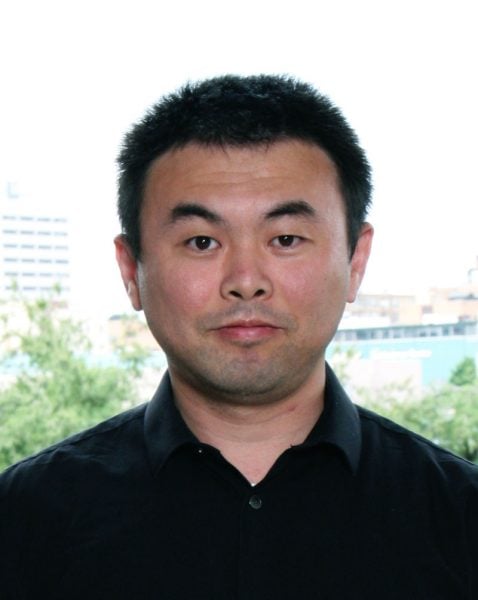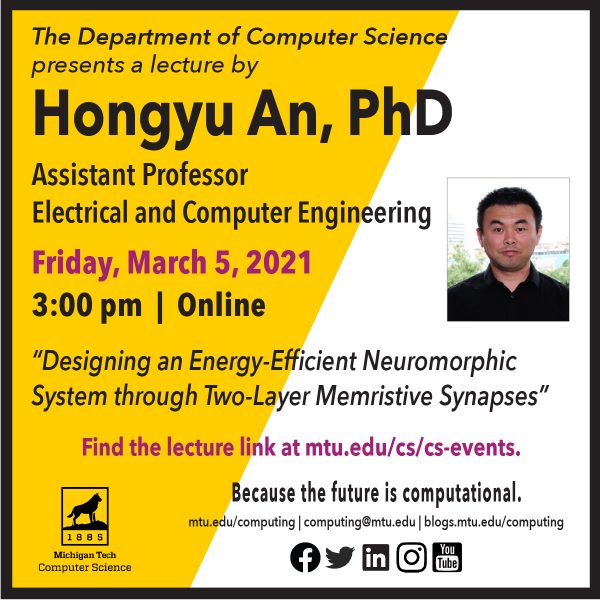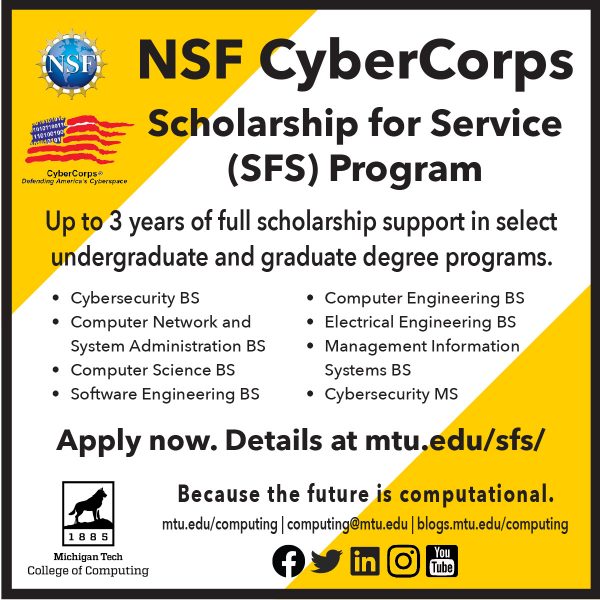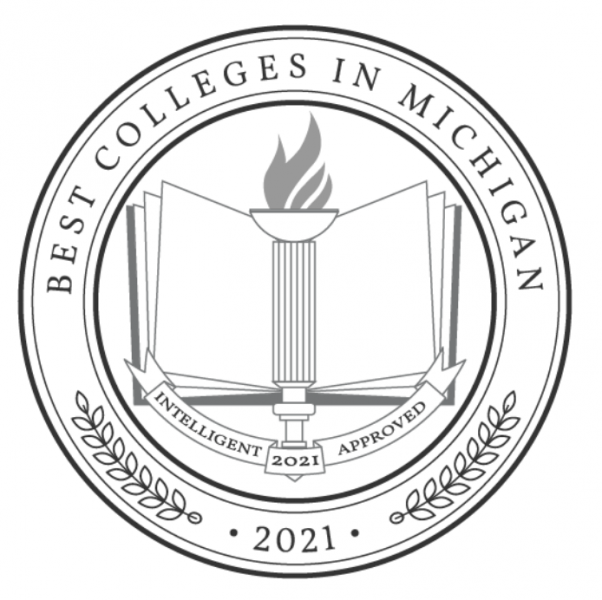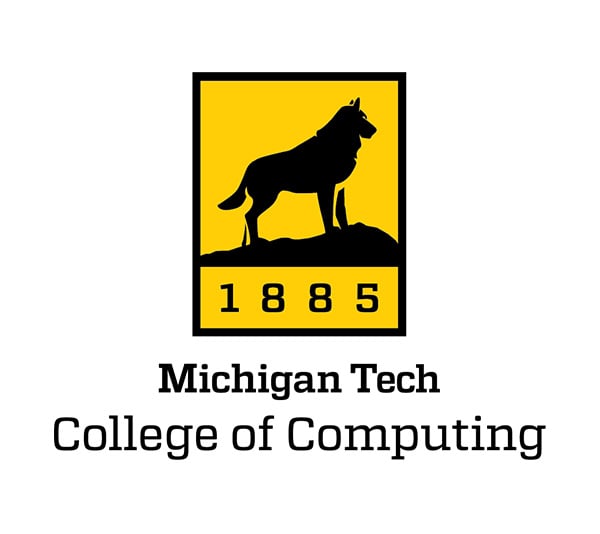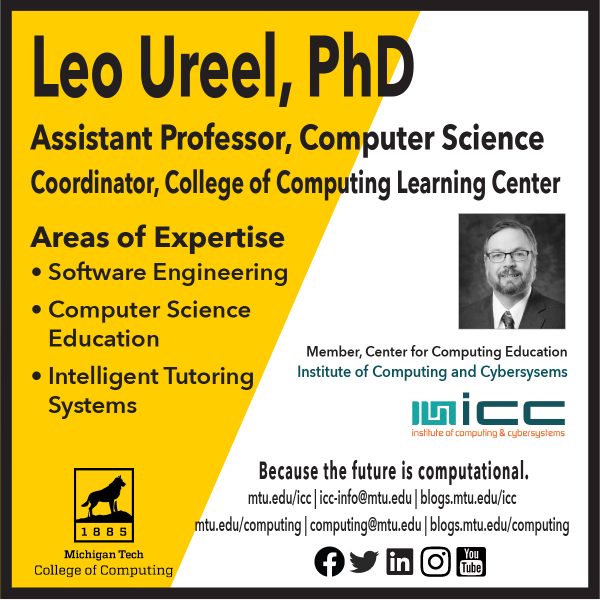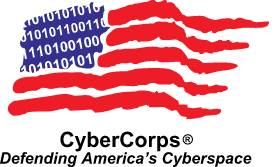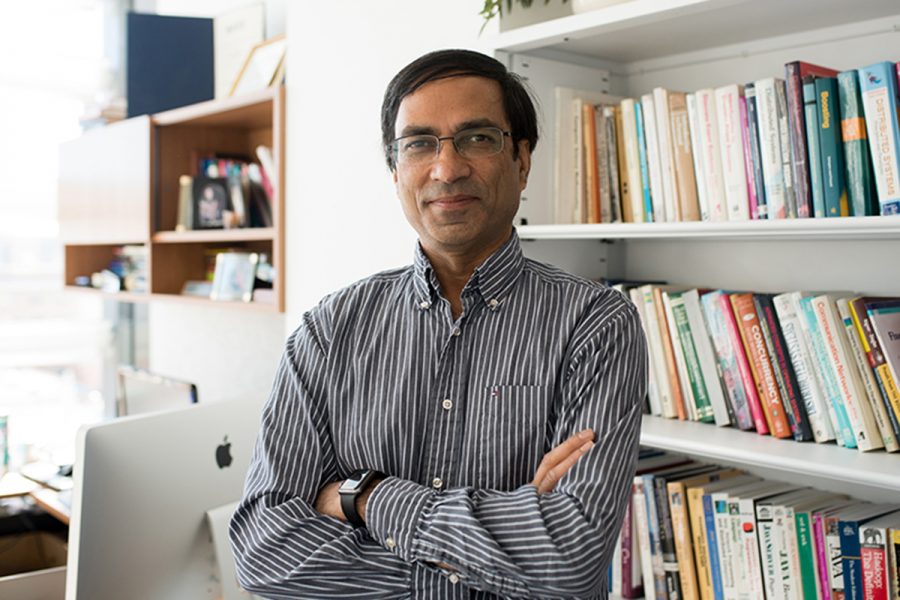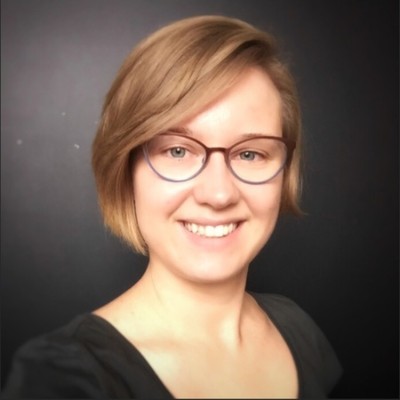
The Department of Computer Science will present a lecture by Meryl Spencer, Michigan Tech Research Institute, on Friday, February 26, 2021, at 3:00 p.m.
Spencer’s lecture is titled, “Advancing Robotics through competition.”
Meryl Spencer is a research scientist with the Michigan Tech Research Institute (MTRI). Her research interests include Multi-Agent Teaming, Robotics Simulation, Applications of Graph Theory, Biomimicry For Robotics, Emergent Behavior, Reinforcement Learning, and Camouflage Detection in Machine Learning.
Lecture Title
“Advancing Robotics through competition ”
Lecture Abstract
Michigan Tech is a top competitor in the DARPA Subterranean challenge, which pits teams of fully autonomous vehicles against difficult underground environments to find artifacts hidden in caves and mines. In this talk, Dr. Spencer will give an explanation of the graph-based approach the Michigan Tech team is using to enable joint searching of gps-denied environments with a heterogeneous team of robots.
